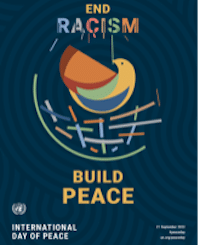
Resource Pack for Peace and Environment
A collection of school resources compiled by Niovi Patsicakis, President Global Peace Alliance BC Society.

A collection of school resources compiled by Niovi Patsicakis, President Global Peace Alliance BC Society.
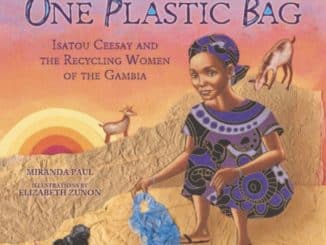
When talking about social justice and exploring literature, intersectionality seemed like a powerful topic to explore to help the students start to unpack the complex connections and levels of oppression that different people experience.
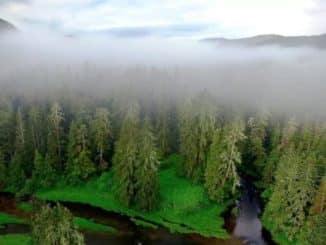
While most human occupation harms the landscape, research shows that British Columbia’s coastal First Nations have made the forest thrive.
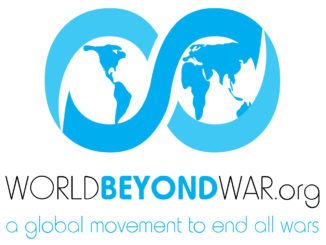
World BEYOND War have compiled this database of useful resources of their own and links to those found elsewhere, and created this system to help you find them.
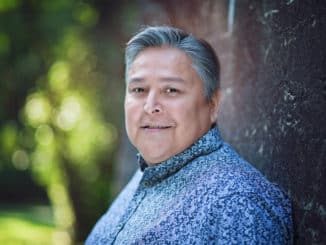
Bob Joseph, founder of Indigenous Corporate Training Inc., provides some perspective on historical, political and community terminology, plus some definitions of common terms as well as tips regarding usage.
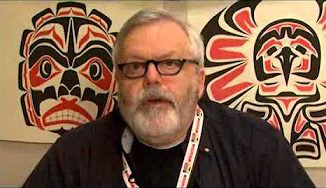
An educational video project on the history and ongoing impact of residential schools. There are many great resources out there, but if you are not sure where to start, this might be a good place.
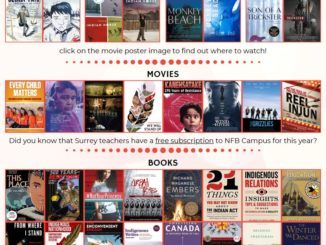
The STA Indigenous Education Committee recommends the following movies, books, activities and resources.
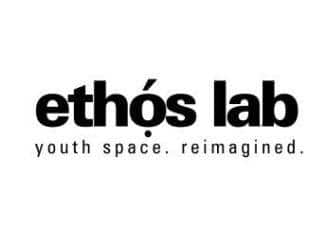
Ethọ́s Lab is creating a STEM and culture-focused Innovation Academy (Akademie) for youth ages 13-18 to incite curiosity, build community, and promote personal growth and development in a rapidly changing world.
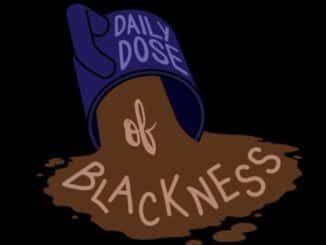
We are a group of Black teenagers in Surrey, BC. We want to share our stories about Black struggles: to talk to and about Black youth. All too often Black youth feel isolated and marginalized and the Daily Dose of Blackness is designed to centre and celebrate Black youth, our experiences and our struggles.

We educate both about and for the abolition of war. Our educational resources are based on knowledge and research that expose the myths of war and illuminate the proven nonviolent, peaceful alternatives that can bring us authentic security.
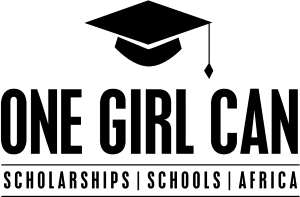
Developed with support from the Ministry of Education and high schools across Metro Vancouver, One Girl Can introduces students to the concept of gender equality and the needs and challenges many girls face across the globe. It also includes boys in a conversation about gender equality and the role they play as allies for change.
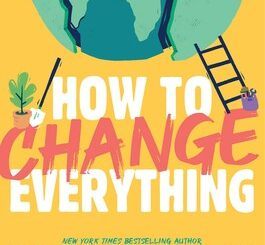
“full of empowering stories of youth who are showing us that this moment of climate danger is also a moment of great opportunity—an opportunity to change everything. My hope is that young readers will find inspiration in the book to join the fight to protect and reshape the planet they will inherit.” Naomi Klein
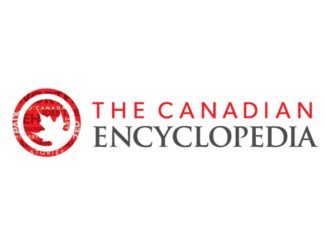
As The Canadian Encyclopedia launches an exciting new chapter in its 28-year history with a multi-faceted and eminently interactive new website, we’re calling on Canadians to contribute articles and ideas on topics from history and politics to art and science and everything in between.
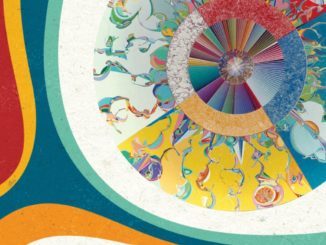
Indigenous Perspectives Education Guide can be found in this link as well as lesson plans on various topics
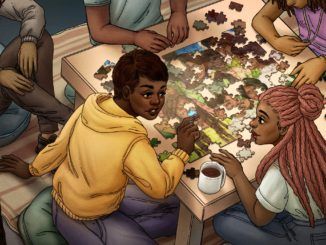
“Part of what we tend to do with history we don’t consider significant, like Black history, is put it in a box, as something that exists only in the past,” explains Dr. Wright. “We think, ‘Oh, there were some Blacks here in the past. Of course, they are hardly any here now.’” This leads to marginalizing both past and present Blackness.
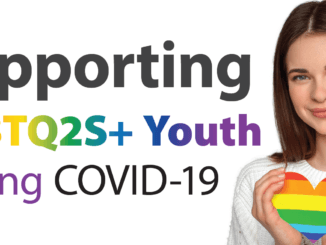
Resource Type
Presentation
Grade Level K-12, Adult
Description
The BCTF is a strong supporter and partner of SOG…

Resource Type
Classroom Printable
Grade Level K – 12, Adult
Description
The COVID-19 pandemic has unfortunately shone a s…

Resource Type
Handbook/Resource guide
Grade LevelAdult
Description
Isolation and increased stress levels stemming fr…
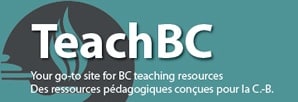
TeachBC is an online resource of teaching materials, lessons, and research relevant to the K-12 BC curriculum. The website is public and open to everyone through the generosity of BC public school teachers.
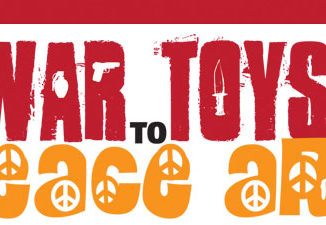
Children play with toys to learn socialization skills that foster growth and development, to become self-reliant, self-disciplined citizens. ‘The Promoting a Culture of Peace Society of BC’s hope is: that children who participate in this project will learn to display a sense of social and environmental responsibility, who will understand and support the values of a democratic, pluralistic and peaceful society.